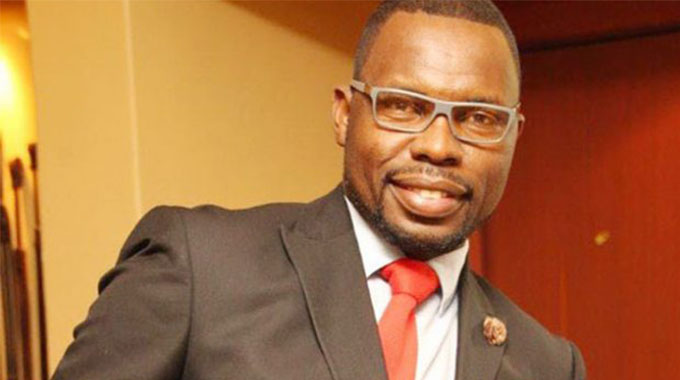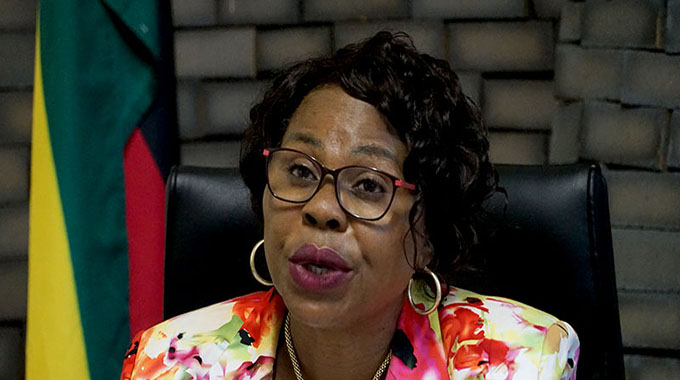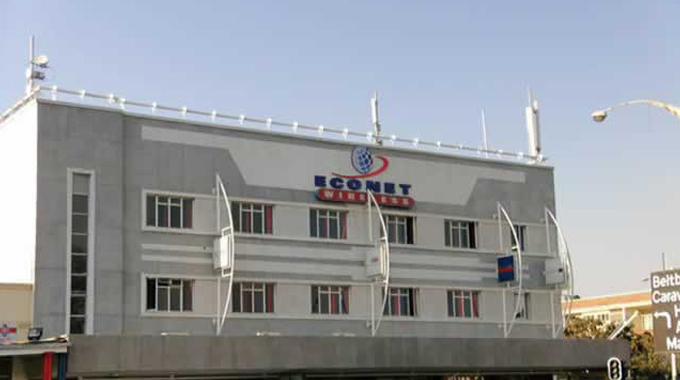Future-proofing the board and the new agenda for corporate governance

Corporate Governance, John M Chikura
THE former CEO of Deposit Protection Corporation and the Caretaker for Cotton Company of Zimbabwe (Cottco), Mr John Chikura, says directors need to have a good handle on current corporate performance and future-proofing the board but many do not do that as they hang on to old practices and thinking.
Mr. Chikura made the remarks at the Corporate Governance and Fraud seminar organized by the Institute of Chartered Secretaries and Administrators in Zimbabwe (ICSAZ) in Harare recently.
“In this knowledge era stakeholders have a greater understanding of the role of boards and are aware of the consequences of directors failing in their oversight role in pursuance of value addition to the business.
“The question centers on whether the board has the vision, determination and skill to drive the company, navigating through the prevailing adverse operating environment in to the future,” said Mr Chikura.
He added that boards can no-longer operate in a covert world behind closed doors. In future boards will be judged on their ability to “future-proof” their organizations, ensuring sustainability and ability to withstand the vagaries of the macro-economic environment and serving not only shareholders but all stakeholders of today and tomorrow, including serving public interest.
According to Mr Chikura, boards will also be judged on their ability to balance conformance or grounding and performance or stargazing obligations, addressing both short and long term needs of the company, at the same time building a strong organisation for the future.
Mr Chikura defined “Future Proofing” as the process of anticipating the future and developing methods of minimising the effects of the shocks and stresses of future events.
“Directors need to have a good handle on current corporate performance and future-proofing the board but many do not do that as they hang on to old practices and thinking.
“They concentrate on minimizing risks rather than seizing opportunities and looking at corporate failures in our country, most boards are dysfunctional,” lamented Mr Chikura.
He said that the manner in which directors are recruited is critical and this is a matter for the board as a whole and the process needs to be robust and transparent.
In addition, objective evaluation of the board composition is key in this rapid changing environment to establish.
In addition to assessing qualifications, skills and competence, independence is a paramount attribute at the boardroom table.
Directors should feel comfortable with asking hard questions, challenging the status quo, offering constructive criticism and stepping up to assist in areas where they can.
“Future boards require diversity and independent directors. Future proofed board composition should have directors that are: active, engaged, independent and equipped with full knowledge of industry or sector.
“Truly diversified boards in terms of gender, age, professional expertise, experience, global perspective and geographical representation,” he said.
“The role of the board is to identify relevant strategic future agenda items and allocate more time to discussing these issues. Unfortunately, many boards tend to focus more on the rear view mirror and not on the wind screen – road ahead, thus, future strategy,” he said.
According to Mr Chikura, future-proofed boards need to cultivate a culture of integrity driven by a deep seated moral compass. Boards ought to clamp down on corruption and immoral practices. They also ought to know what is happening in the company and need courage to speak out against corrupt and unethical behaviors even where directives or instructions come from above.
Coming on to meeting attendance, Mr Chikura said that directors should be aware that every director is a human being subject to human frailties.
Directors come to the decision making table with past prejudices and present needs. Directors should shun a mindless quantitative compliance with codes or rules in making decisions which impact the organization. He encouraged directors to seek guidance from codes but never be enslaved by them and to avoid the trap of group think.
Mr Chikura said directors need ability and courage to ask intellectually naive questions and seeking explanations in clear language, free of business or industry jargon. This helps to build an informed discussion which leads to informed decisions.
-John M Chikura is a Registered Public Accountant, Caretaker Cottco, Former CEO: Deposit Protection Corporation, Zimbabwe and Past President, Institute Of Chartered Secretaries & Administrators (ICSAZ)












Comments